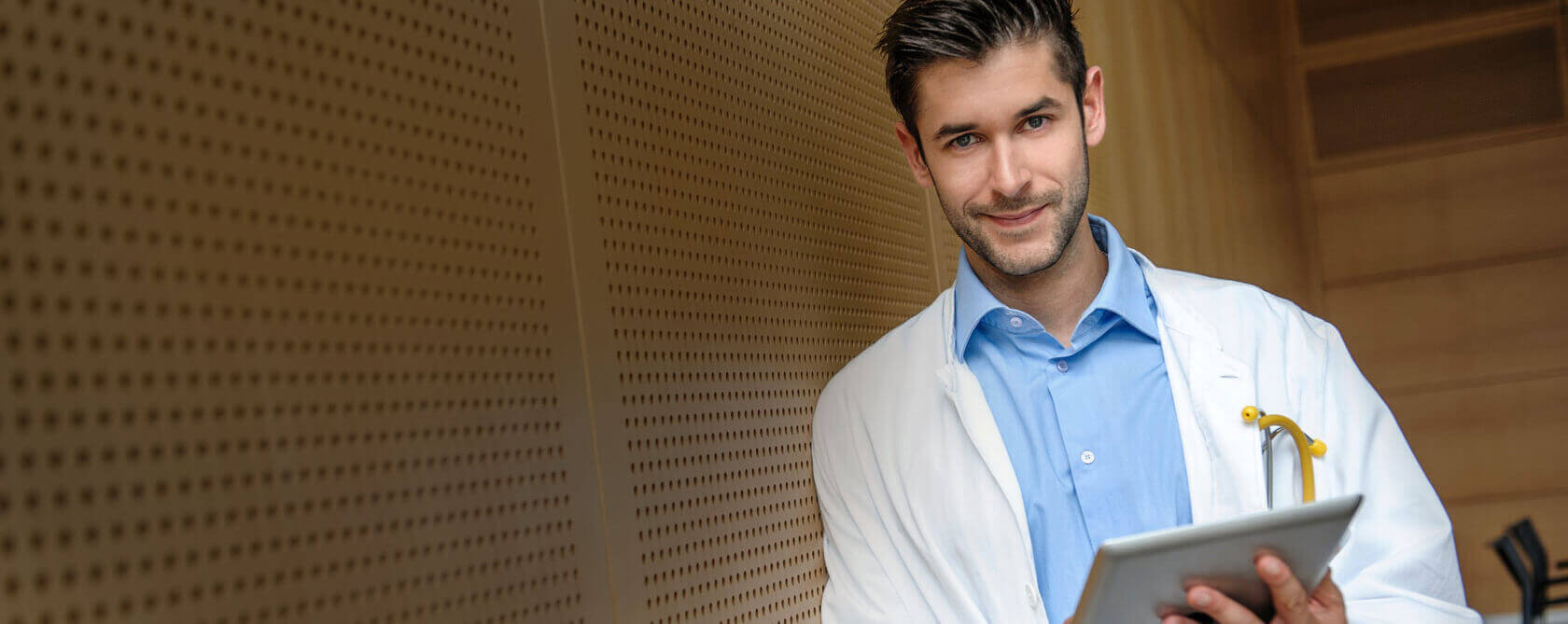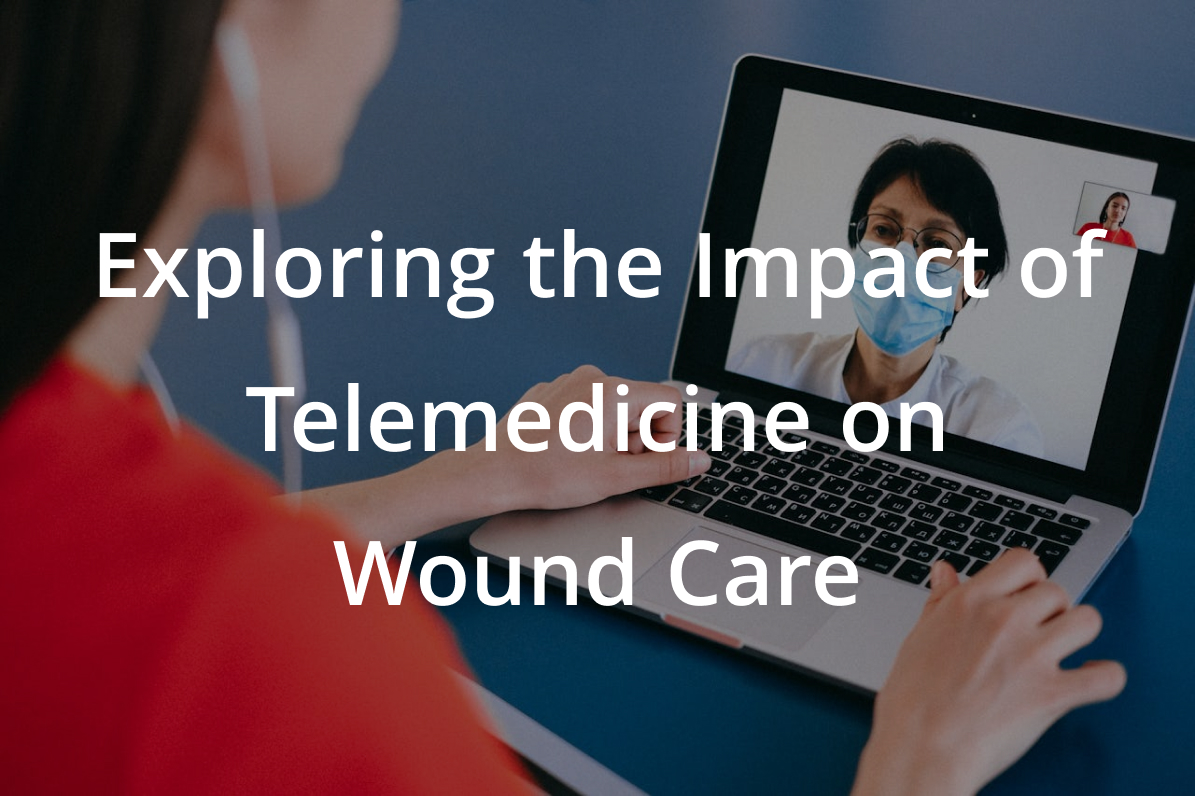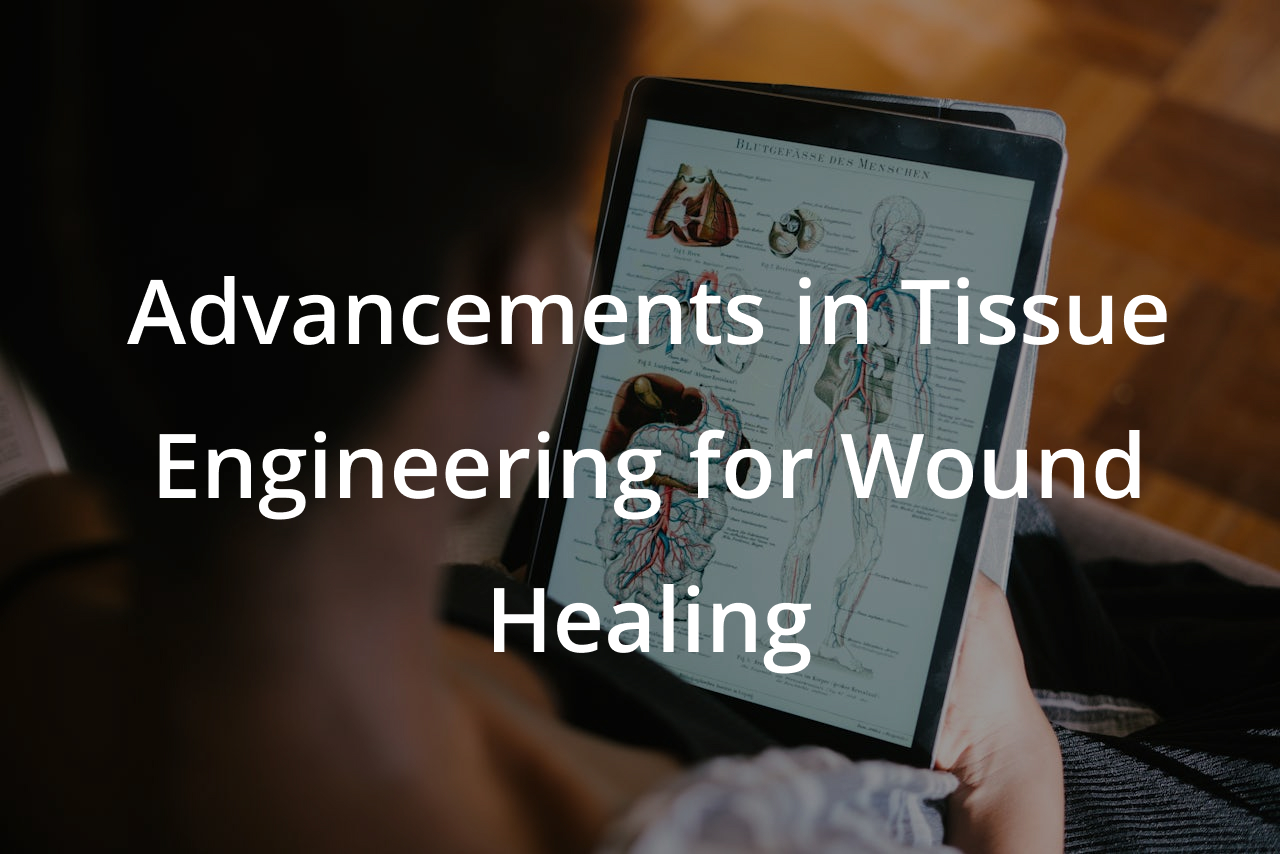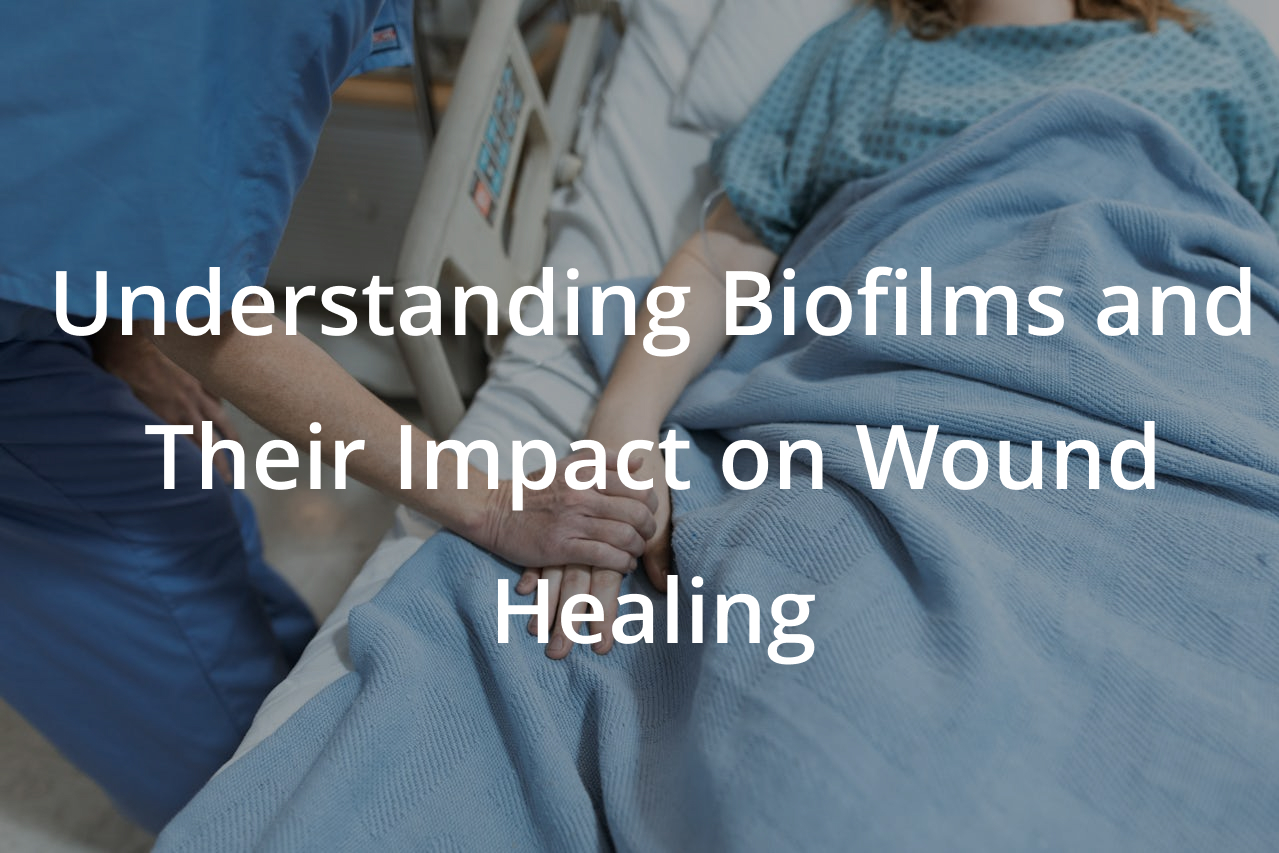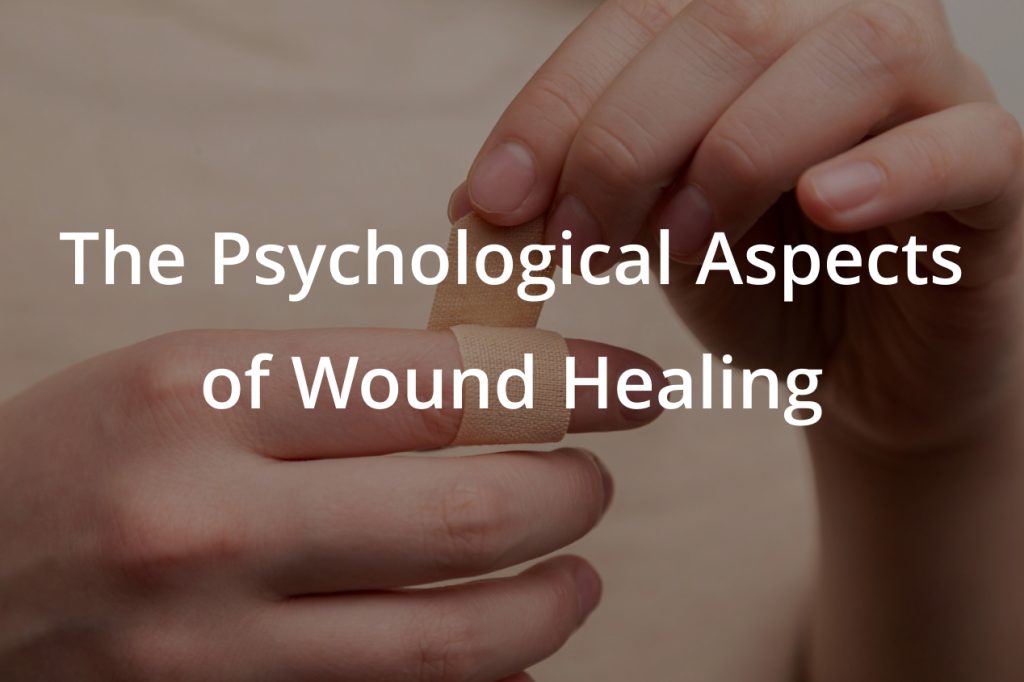
Chronic wounds are not only a physical health concern but also a significant psychological burden. At the Wound Institute, Dr. Som recognizes that the path to wound healing extends beyond the physical dimensions of medical treatments. The emotional and psychological impacts of living with chronic wounds can profoundly affect a patient’s overall recovery and quality of life. This blog explores these psychological aspects, offering insights into the mental health challenges faced by individuals with chronic wounds and discussing effective strategies for mental health support throughout the healing process.
Understanding the Emotional Impact of Chronic Wound Healing
Stress and Anxiety
Living with a chronic wound can lead to increased levels of stress and anxiety. Concerns about the non-healing nature of their wound, prolonged treatment processes, and fear of complications such as infections or amputations can weigh heavily on patients. This anxiety can impede the body’s natural healing processes by affecting sleep, appetite, and even immune system functionality.
Depression and Isolation
Chronic wounds often require extensive care routines and can lead to physical limitations, both of which can isolate individuals from their social and family lives. The visibility and care requirements of such wounds can make patients self-conscious and reluctant to engage in social activities, leading to feelings of loneliness and depression.
Body Image Issues
Patients may struggle with changes to their body image due to the presence of chronic wounds, especially if the wounds are located in visible areas. This can affect self-esteem and lead to further emotional distress.
Strategies for Mental Health Support
Professional Counseling
Psychological therapy can be beneficial for individuals coping with chronic wounds. Therapists specialized in dealing with chronic illness can help patients develop coping strategies to manage the emotional burdens of their condition. Cognitive-behavioral therapy (CBT), in particular, has proven effective in helping patients adjust their thoughts and behaviors regarding their illness, leading to improved emotional outcomes.
Peer Support Groups
Connecting with others facing similar challenges can alleviate feelings of isolation. Support groups provide a platform for sharing experiences and coping strategies, offering both emotional comfort and practical advice. These groups can be found in community centers, hospitals, or online platforms.
Family and Caregiver Involvement
Involving family members and caregivers in the care process and patient education helps build a supportive network around the patient. Educating loved ones about the nature of chronic wounds and the importance of emotional support can empower them to be more effective caregivers and emotional anchors.
Integrating Mental Health Care with Wound Healing Management
Dr. Som advocates for a holistic approach to wound care that includes mental health as a critical component. This integration involves regular assessments of a patient’s mental well-being by the healthcare team and the provision of appropriate mental health resources as part of the treatment plan.
Incorporating Relaxation Techniques for Wound Healing
Mindfulness and Meditation: Practices such as mindfulness meditation can reduce stress and improve psychological resilience. Regular practice can help patients focus on the present moment, reducing anxiety about the future or pain related to the wound.
Regular Physical Activity: When possible, engaging in physical activity can improve mood and reduce stress levels. Activities should be tailored to the individual’s capabilities and wound care requirements, focusing on gentle exercises that do not exacerbate the wound.
Conclusion
The psychological impact of chronic wounds is a critical component of the healing process that requires as much attention as physical healing. At the Wound Institute, Dr. Som ensures that mental health support is an integral part of the treatment protocol for patients with chronic wounds. Understanding and addressing the emotional and psychological challenges these patients face are crucial for their recovery and overall well-being.
If you or someone you know is struggling with the psychological impact of a chronic wound, it is important to seek comprehensive care that addresses both physical and mental health aspects. Contact Dr. Som and the Wound Institute today to learn more about our holistic approach to wound healing and how we can support you or your loved one through this challenging journey.
